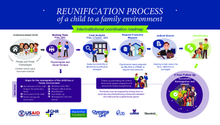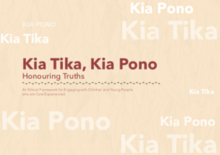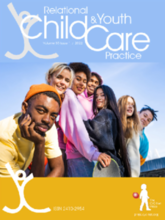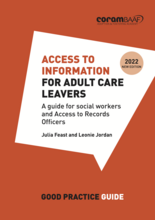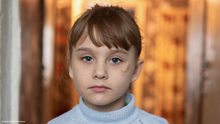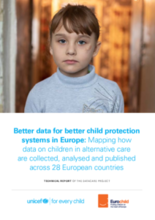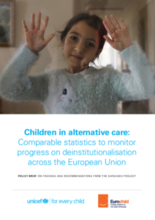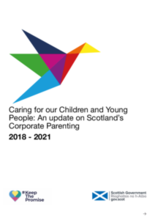Displaying 91 - 100 of 949
This graphic is intended for use by professionals working within government agencies and non-governmental organizations in Guatemala engaged in different aspects of the protection and care system but specifically in support of reunification. It details specific roles and responsibilities of those engaged in this process in Guatemala and how they should coordinate.
This is an ethical framework to guide engagement with tamariki (children) and rangatahi (young people) who are care experienced (that is, who currently or at some stage in their lives have been in foster or residential care).
This article looks at the role of the State of India in ensuring the wellbeing of those it has the responsibility to protect. These include people who have suffered violence, indignity, hunger and life-threatening circumstances. The five-year planning of state and district plans have utilised more resources than it has produced outcomes and output. In this article the authors have compiled lessons learned from strategies that can enable duty holders to emerge as more responsible actors during the COVID-19 pandemic.
This good practice guide published by Coram BAAF is for Access to Records Officers (AROs) and social workers in the UK who are providing access to records and related services for adult care leavers and aims to set out a protocol for dealing with Subject Access Requests (SARs) in order to improve services for adult care leavers and establish greater consistency and quality practice across organisations.
The DataCare Project was launched by Eurochild with support from UNICEF in March 2020. The project aims to carry out a comprehensive mapping of child protection data systems across the 27 Member States of the European Union (EU) and the UK. In addition to providing an overview of the situation of children in alternative care in Europe, this project aims to inform EU efforts to agree to comparable benchmarks and indicators to monitor progress in child protection reforms across Europe.
This report was conceptualised jointly by Eurochild and the UNICEF Europe and Central Asia Regional Office (ECARO) and builds on the Eurochild report on alternative care in Europe published in 2009. It also includes a full set of country profiles.
This policy brief summarises the policy context, as well as the key findings and recommendations from the analysis of the national responses to the DataCare survey across Europe. More detailed information can be found in the full research report: Better Data for Better Child Protection Systems in Europe: Mapping how data on children in alternative care are collected, analysed, and published across 28 European countries, which includes a full set of country profiles.
This video case study was developed as a part of the Transitioning Models of Care Assessment Tool training package. It is 1 of 8 video case studies exploring different aspects of learning on transitioning residential care services. To access the full set of case studies or the training package, visit the BCN Transition Hub.
These video case studies were developed as a part of the Transitioning Models of Care As
Putting this second national report on corporate parenting before the Scottish Parliament in line with their duties under Children and Young People (Scotland) Act 2014, the Scottish Government provides an overview of corporate parents’ activities over the last three years. The report aims to become a useful learning resource for corporate parents.

